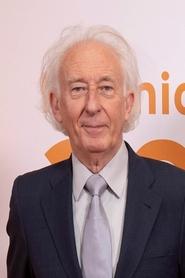
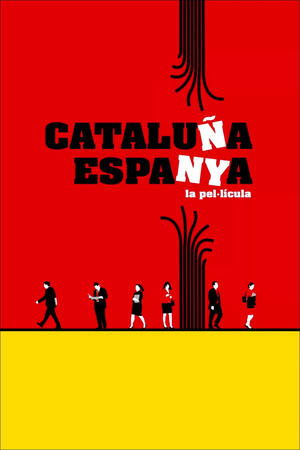
Cataluña, Espanya: la pel·lícula(2009)
Disinformation, ignorance and the lack of dissemination of the Catalan reality in the rest of Spain make it necessary for civil society to reach an understanding.
Movie: Cataluña, Espanya: la pel·lícula
Top 10 Billed Cast
Self
Self
Self
Self
Self
Self
Self
Self
Self

Cataluña, Espanya: la pel·lícula
HomePage
Overview
Disinformation, ignorance and the lack of dissemination of the Catalan reality in the rest of Spain make it necessary for civil society to reach an understanding.
Release Date
2009-04-22
Average
0
Rating:
0.0 startsTagline
Genres
Languages:
CatalàEspañolKeywords
Similar Movies
 6.9
6.9Olympia: Part One – Festival of the Nations(de)
Commissioned to make a propaganda film about the 1936 Olympic Games in Germany, director Leni Riefenstahl created a celebration of the human form. This first half of her two-part film opens with a renowned introduction that compares modern Olympians to classical Greek heroes, then goes on to provide thrilling in-the-moment coverage of some of the games' most celebrated moments, including African-American athlete Jesse Owens winning a then-unprecedented four gold medals.
 6.7
6.7Olympia: Part Two – Festival of Beauty(de)
Commissioned to make a propaganda film about the 1936 Olympic Games in Germany, director Leni Riefenstahl created a celebration of the human form. Where the two-part epic's first half, Festival of the Nations, focused on the international aspects of the 1936 Olympic Games held in Berlin, part two, The Festival of Beauty, concentrates on individual athletes such as equestrians, gymnasts, and swimmers, climaxing with American Glenn Morris' performance in the decathalon and the games' majestic closing ceremonies.
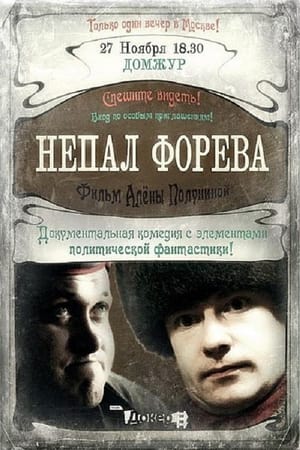 5.7
5.7Nepal Forever(ru)
This film features two Russian communist politicians. Being committed Leninists; both of them have served several terms as city council members. Their horizons are broad, but what concerns them the most is the future of global communism. At one point, by decree of fate, their booming activities begin to expand far beyond the boundaries of their native St. Petersburg and the Russian Federation. However, the future of global communism remains unclear. What remains clear is the fact that in the modern world the tail still wags the dog. A documentary comedy.
The Angela Murray Gibson Experience(en)
In the 1920s, Angela Murray Gibson chose an unusual location to embark on a career in silent filmmaking: her tiny hometown of Casselton, North Dakota. She had previously helped Mary Pickford as an advisor and assistant director on The Pride of the Clan (1917), which Mary Pickford produced and starred in. She opened North Dakota's first movie studio, and she had the audacity to be a woman in an industry dominated by men.
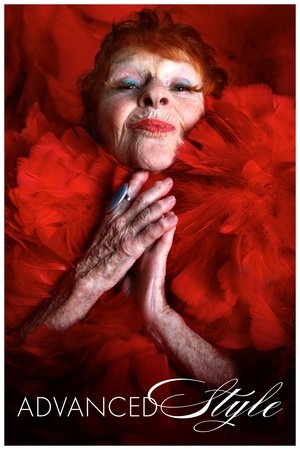 6.8
6.8Advanced Style(en)
Advanced Style examines the lives of seven unique New Yorkers whose eclectic personal style and vital spirit have guided their approach to aging. Based on Ari Seth Cohen’s famed blog of the same name, this film paints intimate and colorful portraits of independent, stylish women aged 62 to 95 who are challenging conventional ideas about beauty, aging, and Western’s culture’s increasing obsession with youth.
Adam Jensen: The Life, The Loss & The Grind(en)
Take a journey through the eyes of 25-year-old aspiring professional skateboarder, Adam Jensen to see how skateboarding is the perfect tool in overcoming life’s most difficult obstacles. Those closest to Adam will make their comments about his life, and potential to achieve notoriety in his professional career through his trials and triumphs.
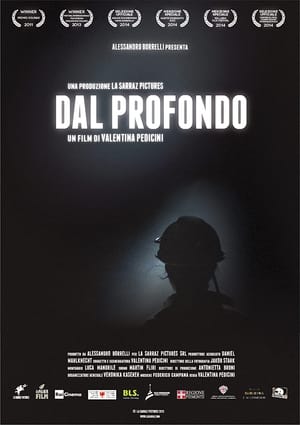 6.1
6.1From the Depths(it)
Both an activist and a documentarian, Valentina Pedicini also brings her background in anthropology to this impressively captured, claustrophobic nonfiction feature. Venturing beneath sea level, From the Depths profiles the lone woman at work in the last coal mine in Sardinia, Italy.
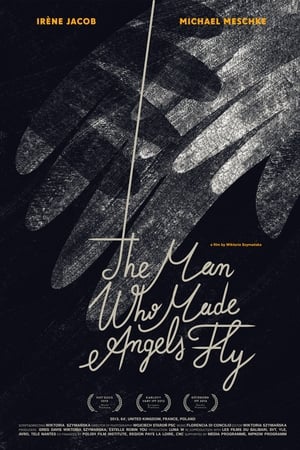 7.0
7.0The Man Who Made Angels Fly(en)
When the lights dim and the stage is revealed, Meschke channels life through the strings of his puppets, triggering the spiritual connection between the creator and his alter-egos: the charismatic Don Quixote, the loving Penelope, the inquisitive Baptiste, or the mysterious Antigone. THE MAN WHO MADE ANGELS FLY is a poetic story about a master of his craft that has inspired audiences to reflect upon common issues of suffering and the mortal coil. Visionary and un-biographic, imaginary tribute to the puppeteer.
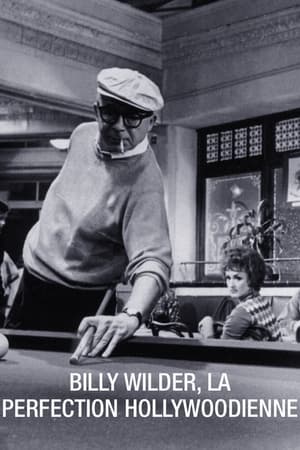 8.0
8.0Billy Wilder: Nobody's Perfect(en)
Biography on the famous writer-director, Billy Wilder.
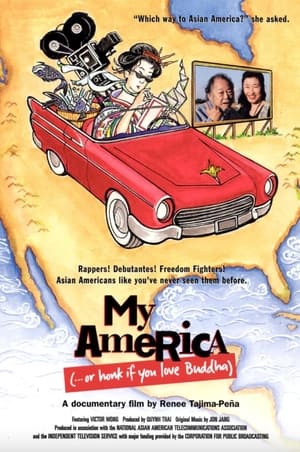 0.0
0.0My America... or Honk If You Love Buddha(en)
Renee Tajima-Peña takes to the road to investigate questions about Asian-American identity.
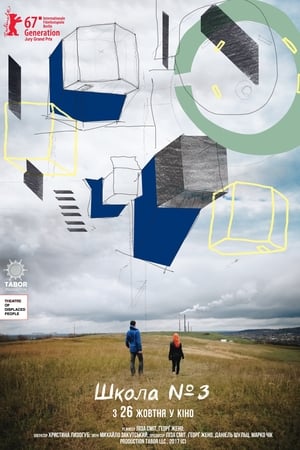 10.0
10.0School Number 3(uk)
In the familiar surroundings of their everyday lives, they talk about things that matter to them, about experiences that move them, about first love and loss, hopes and fears. 13 adolescents from a school in Donbass which was destroyed during the war in Ukraine, and subsequently rebuilt, share themselves in front of the camera. 13 lives inhabiting an intermediary space, both emotionally and socially.
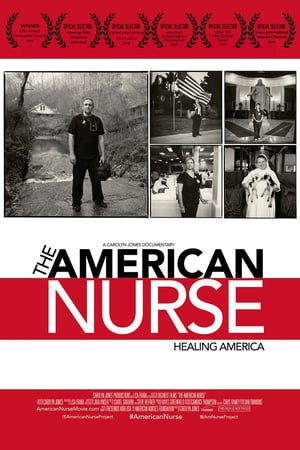 6.0
6.0The American Nurse(en)
THE AMERICAN NURSE is a heart-warming film that explores some of the biggest issues facing America - aging, war, poverty, prisons - through the work and lives of nurses. It is an examination of real people that will change how we think about nurses and how we wrestle with the challenges of healing America. THE AMERICAN NURSE is an important contribution to America's ongoing conversation about what it means to care. The film follows the paths of five nurses in various practice specialties including Jason Short as he drives up a rugged creek to reach a home-bound cancer patient in Appalachia. Tonia Faust, who runs a prison hospice program where inmates serving life sentences care for their fellow inmates as they're dying. Naomi Cross, as she coaches an ovarian cancer survivor through the Caesarean delivery of her son. Sister Stephen, a nun who runs a nursing home filled with goats, sheep, llamas and chickens, where the entire nursing staff comes together to sing for a dying resident.
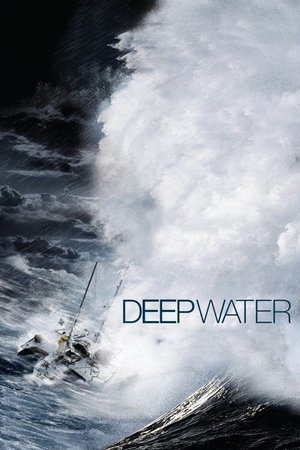 7.3
7.3Deep Water(en)
DEEP WATER is the stunning true story of the fateful voyage of Donald Crowhurst, an amateur yachtsman who enters the most daring nautical challenge ever – the very first solo, non-stop, round-the-world boat race.
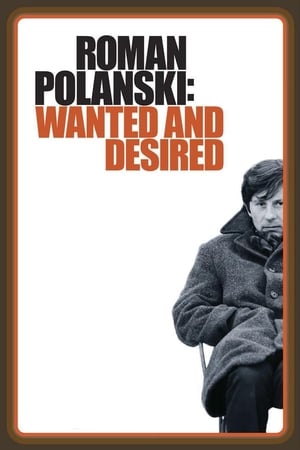 6.4
6.4Roman Polanski: Wanted and Desired(en)
Examines the public scandal and private tragedy which led to legendary director Roman Polanski's sudden flight from the United States.
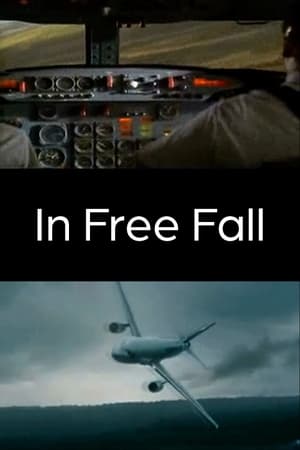 0.0
0.0In Free Fall(en)
The space of the junkyard allows various ‘crash’ narratives to unfold, with the stories of actual crashes and the remnants and afterlife of these machines becoming metaphors for economic decline. This is an investigation of planes as they are parked during the economic downturn, stored and recycled, revealing unexpected connections between economy, violence and spectacle, finding perfect example in the form of the Boeing 4X-JYI, an aircraft first acquired by film director Howard Hughes for TWA, which was subsequently flown by the Israeli Airforce before finding its way to the Californian desert to be blown up for the Hollywood blockbuster Speed. Through intertwined narratives of people, planes and places Steyerl reveals cycles of capitalism incorporating and adapting to the changing status of the commodity, but also points at a horizon beyond this endless repetition.
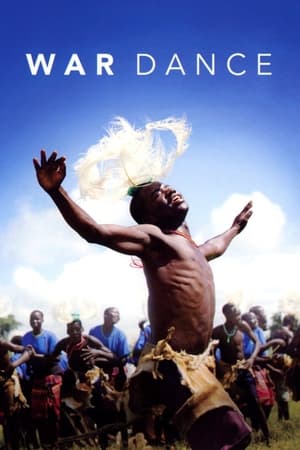 7.2
7.2War Dance(en)
Three children living in a displacement camp in northern Uganda compete in their country's national music and dance festival.
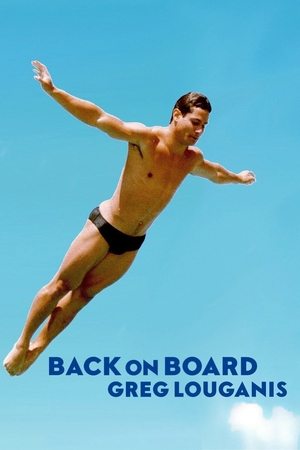 7.4
7.4Back on Board: Greg Louganis(en)
Feature-length documentary about the greatest diver of all time. Four-time Olympic champion Greg Louganis has faced more than his share of challenges. In 2011, he is far from the public eye and struggling to pay his mortgage. Now, the openly gay, HIV+ world-class athlete returns to diving to mentor the USA Olympic hopefuls. This may be his best chance to regain the notoriety -- and financial stability -- he enjoyed at the height of his career.
Waiting for August(en)
Georgiana Halmac is turning 15 this winter, but she has no time for teenage dreams when her mother, who's on unemployment, moves to Torino to find work. Georgiana is left in charge of her six siblings in a social housing condo on the outskirts of Bacau, Romania. Caught between adolescence and the responsibilities of adulthood, Georgiana does the best she can, improvising with parenting advice from the television and the occasional phone call with her mother. As she handles her own issues and high-school dramas, Georgiana must also deal with admonishing neighbours who threaten to turn the whole family into social services. With incredible calm and stoicism, Georgiana amazes as she holds everything together in an ingenious and delicate balance.
Diary of a Political Tourist(en)
Following the 2002 HBO documentary "Journeys with George," Pelosi's irreverent account of George W. Bush on the campaign trail, she set out on the road again with a handful of distinguished men competing to see who could eat the most pies, raise the most money and get the most votes to become the Democratic Party nominee.
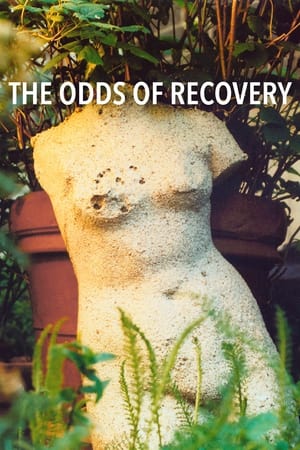 0.0
0.0The Odds of Recovery(en)
After a twenty year period of multiple illnesses and injuries, the filmmaker turns the camera on herself as a way to analyze her chances for a happier, healthier life. In the process, she captures the frustration, tedium and petty annoyances of a revolving-door relationship with the medical establishment, while portraying the complicated web of emotions that accompany any medical problem. With humor and honesty, The Odds of Recovery uses the filmmaker's medical history as a means to address a perennial human problem: the desire to avoid conflict and deny the need for radical change.
